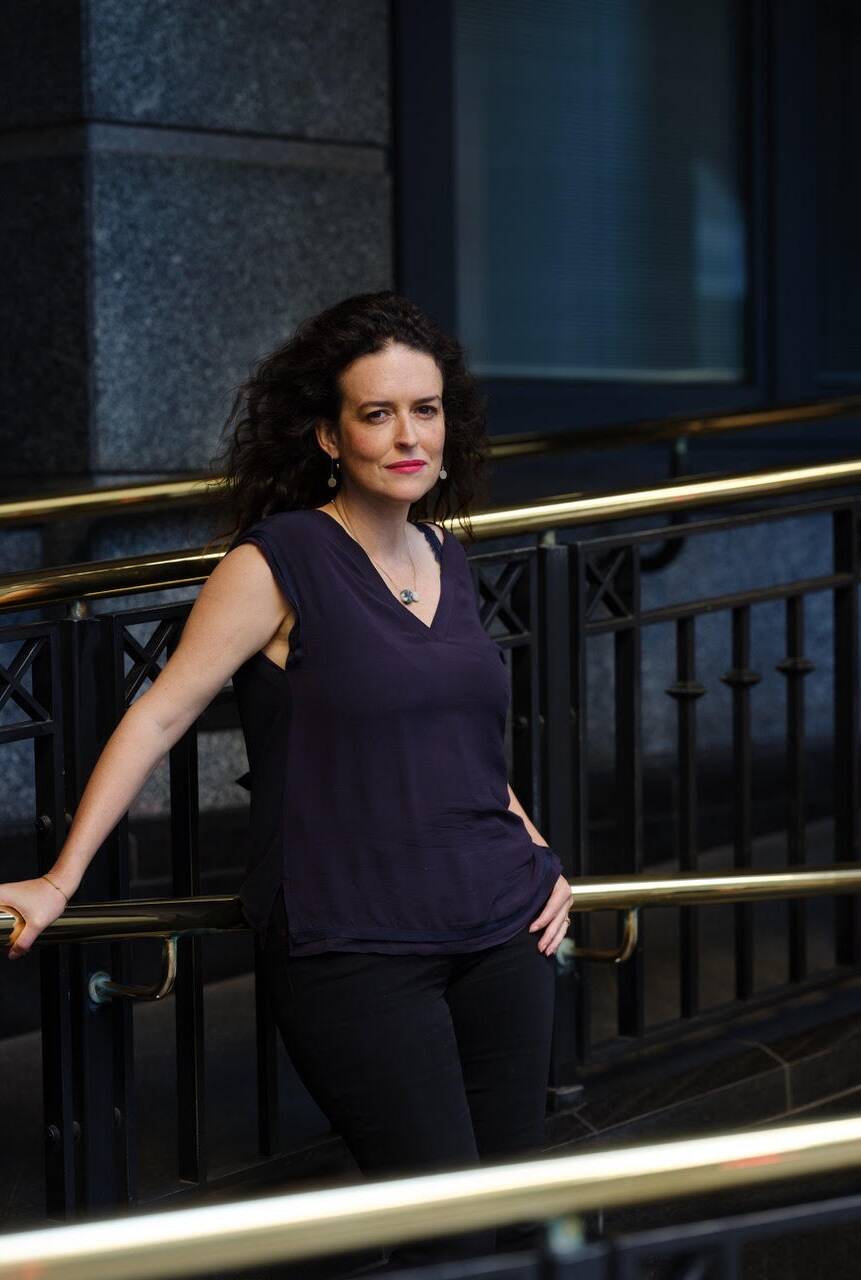
Jess Hill is on a mission - a statewide rally, if you will - and she wants it to penetrate every loungeroom in Newcastle.
The journalist and domestic abuse advocate, known for works like See What You Made Me Do and The Reckoning will visit Newcastle City Hall to educate about coercive control.
"I'm looking at making a community roadshow around NSW," Ms Hill said. When she asks a room about coercive control, most have heard of it, "but only three or four actually know what it is".
The event, run with The Zahra Foundation and Jenny's Place, will run on September 14 with a focus on financial literacy.
Ms Hall believes this is the first step for many towards empowerment.
And Ms Hall hopes the event will bring more people to know about women's refuges in Newcastle.
"It is amazing Newcastle has somewhere like [Jenny's Place]," she said. "It has such an amazing track record of staying open through really treacherous times in women's refuges."
Jenny's Place started in 1977, just three years after the infamous Elsie Refuge in Glebe. The Zahra Foundation helps women gain financial literacy.
"The thing that really struck me recently was a sudden understanding that financial abuse, when talking about coercive control, is actually more central coercive control than something like physical violence," Ms Hall said.
The advocate said 42 per cent had not experienced physical violence but more than 90 per cent had experienced financial abuse.
"The whole new way we're looking at domestic violence is as a system of entrapment. When you look at it like that, it makes sense why financial abuse would be more common than physical violence," she said of people made "dependant" because of income.
Through her talk, Ms Hill wants to see people "recover" from coercive control - but more than that - know how to prevent it.
And to do this, she will not just focus on people who believe they might be in a coercive situation: it is for their loved ones, too.
"So many victim survivors will pushed their loved ones away because they feel a sense of total loyalty to their partner, or they're afraid of what will happen if they do start to resist.
"Friends and family can become almost like a threat," she said.
Ms Hill wants to see "more and more" community forums, believing education is a vital early step.
Would like people to come away "totally fascinated and switched one" about the domestic violence - when she first started, she thought she knew no one impacted.
"I hope people don't feel like they've been naive," she said. "The reason why coercive control is so successful is because perpetrators make it invisible by making it your fault."
Tickets for the event can be purchased here.
Support is available for those who may be distressed. Phone Lifeline 13 11 14 or 1800-RESPECT 1800 737 732.







